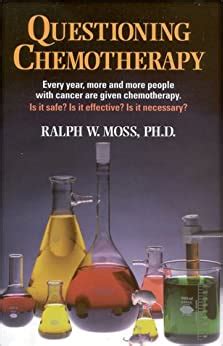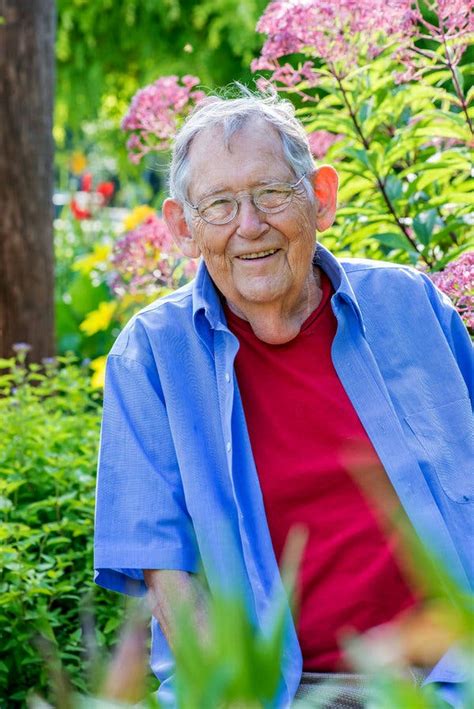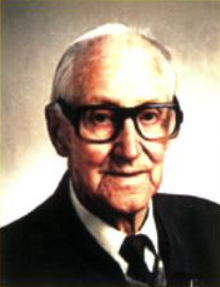A Quote by Ralph W. Moss
Two to 4% of cancers respond to chemotherapy....The bottom line is for a few kinds of cancer chemo is a life extending procedure-Hodgkin's disease, Acute Lymphocytic Leukemia (ALL), Testicular cancer, and Choriocarcinoma.
Related Quotes
A study of over 10,000 patients shows clearly that chemo's supposedly strong track record with Hodgkin's disease (lymphoma) is actually a lie. Patients who underwent chemo were 14 times more likely to develop leukemia and 6 times more likely to develop cancers of the bones, joints, and soft tissues than those patients who did not undergo chemotherapy .
There's about 100 different cancers in a cancer cell. And so what we're finding out is, they're finding out ways to deal with one or two of the cancers there, with certain medicines. But they don't know why, if you have that cancer and I have that cancer, and I get the therapy and you get it, I don't live and you live. That - they don't know why.
Insects leave (Madagascar periwinkle) Catharanthus roseus out of their diets. So, for that matter, do deer. The reason is that the plants are loaded with alkaloids so potent that they are the source of vincristine and vinblastine. These are drugs important in routines of chemotherapy for treating Hodgkin's disease and certain forms of leukemia.
I think one possibility [in the future] might be chemotherapy. And I'm always hesitant to say that because it makes it sound like I'm against chemotherapy. Right now, chemotherapy is the best cancer treatment therapy we have. But let's say we find some way where we can almost genetically engineer the DNA of our being and fight cancer that way. Then, the idea that we used to pump poison into people to fight off cancer will almost seem like the use of leeches or something.
To be diagnosed with cancer was a frightening thing, and my first reaction was sheer panic, but I was really fortunate that the cancer was caught at such an early stage that I didn't need chemo or radiotherapy. But I know that cancer is a chronic condition, and once you've had it, you're on the list, because it can come back.
A study was done which shows the majority of oncologists who refer patients for chemotherapy for lung cancer would not themselves take chemotherapy for lung cancer. And in fact if the chemotherapy involved cis-platen, something like 75% of them said they wouldn't take it. But what do these people do all day long? They're sending people for cis-platen.
































